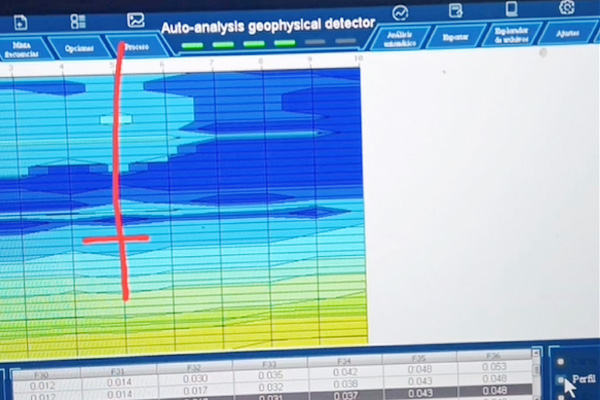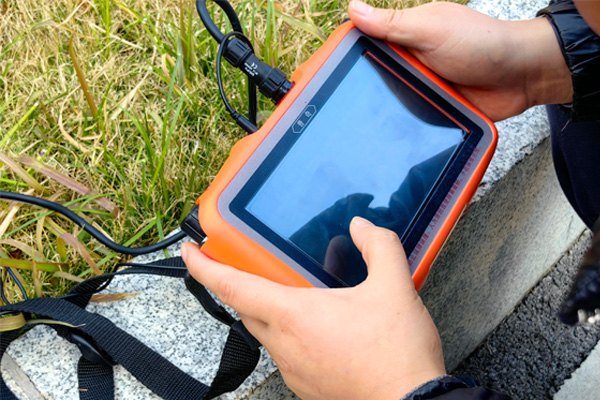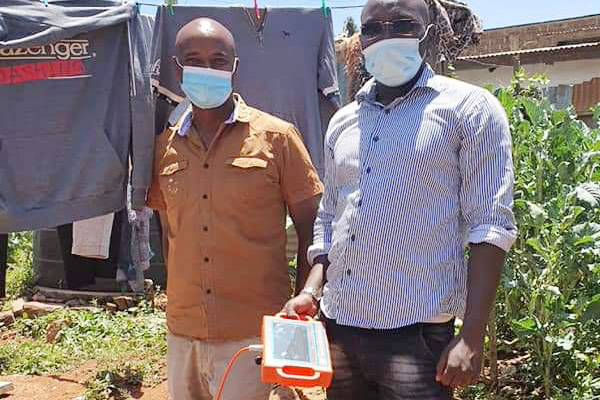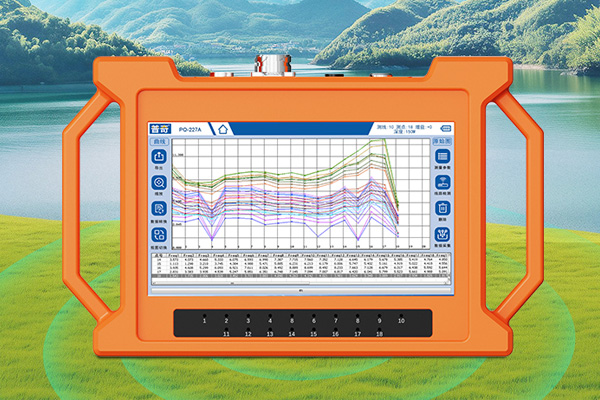With the development of science and technology, the ways to search for groundwater resources are becoming increasingly diverse. Among various methods, using water finding instruments for exploration has become a common and efficient choice. This article will explore how to choose a suitable Drillers Locator Groundwater and introduce its basic functions and usage scenarios.
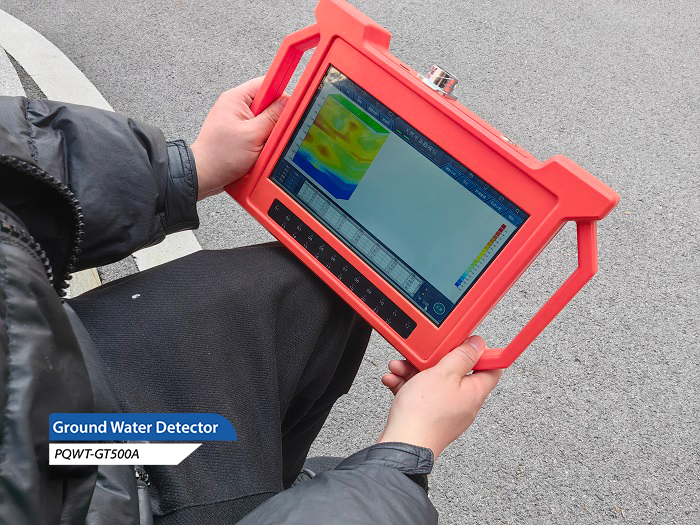
Basic types of water detectors
Water detectors can usually be divided into two categories: traditional manual water detectors (also known as "water pulse detectors") and modern electronic water detectors. Artificial water detectors rely on the operator's experience and intuition, while electronic water detectors detect the location of groundwater based on physical principles such as electromagnetic fields and electrical resistivity.
Characteristics of electronic water detector
Compared to traditional methods, electronic water detectors have higher accuracy and reliability. These types of instruments generally have the following characteristics:
High precision measurement: capable of accurately measuring the specific location and depth of groundwater resources.
Multifunctionality: In addition to finding water, it can also be used in mineral exploration, archaeological excavation and other fields.
Easy to operate: usually equipped with an intuitive display screen and a simple control panel, making it easy for users to quickly get started.
Portable design: The lightweight and portable design makes the instrument more convenient to carry during field operations.
How to choose a suitable water detector
When considering purchasing a water finder, the following aspects need to be carefully considered:
Scope of application: Different instruments are suitable for different types of geological conditions. Understanding whether your work environment is moist soil or dry sandy land, plain or mountainous, can help you choose the most suitable equipment.
Technical parameters: Pay attention to the maximum detection depth, detection accuracy and other technical indicators of the instrument to ensure that they meet your needs.
Durability: Considering that the instrument may be used in harsh environments, its durability and waterproof and dustproof rating are also important considerations.
After sales service: Good after-sales support can promptly solve problems and ensure the continuity of work.
Precautions for use
Although the water detector provides a convenient solution, the following points still need to be noted in practical operation:
Calibration instrument: Ensure that the instrument has been calibrated before each use to obtain the most accurate results.
Compliance with regulations: Conduct detection activities within the permitted scope in accordance with relevant laws and regulations.
Combining with other methods: Although water detectors are very useful, it is best to use them in conjunction with other geological survey methods to improve the accuracy of the results.
Choosing a suitable Drillers Locator Groundwater is crucial for successfully identifying groundwater resources. By carefully evaluating your own needs and considering the above factors comprehensively, you can make better decisions and ensure that the selected instrument is both practical and efficient. With the advancement of technology, the functions of water detectors will become more complete in the future, helping people to utilize this valuable natural resource more effectively.





